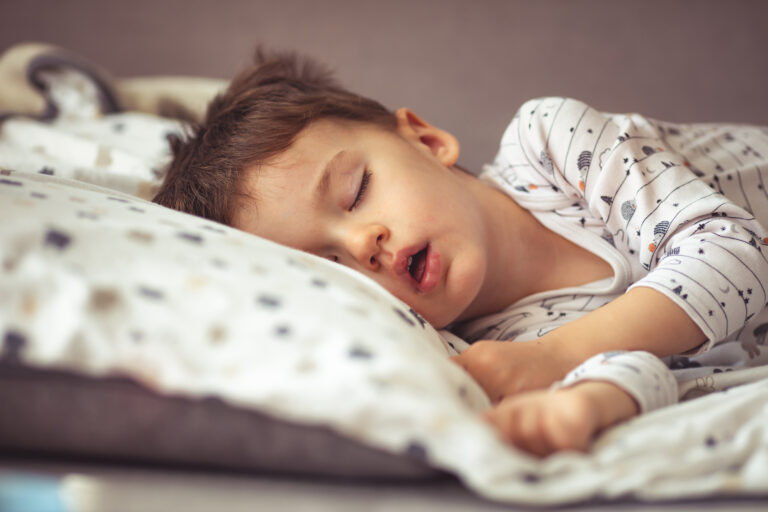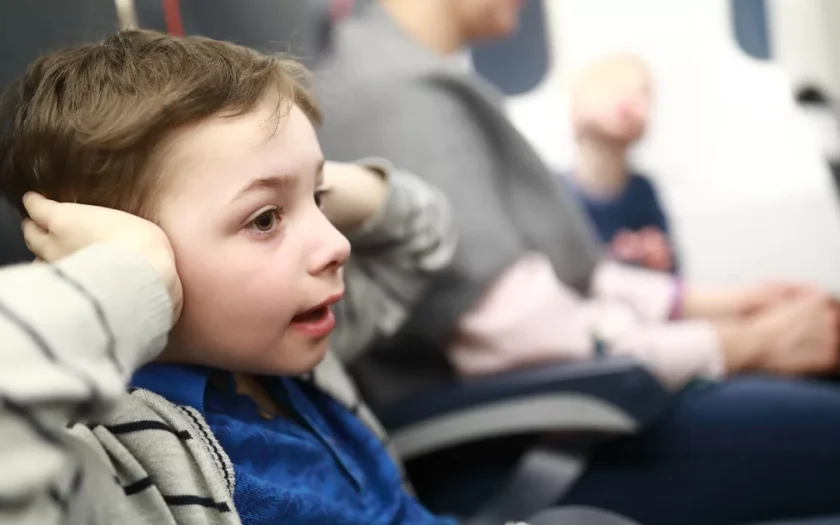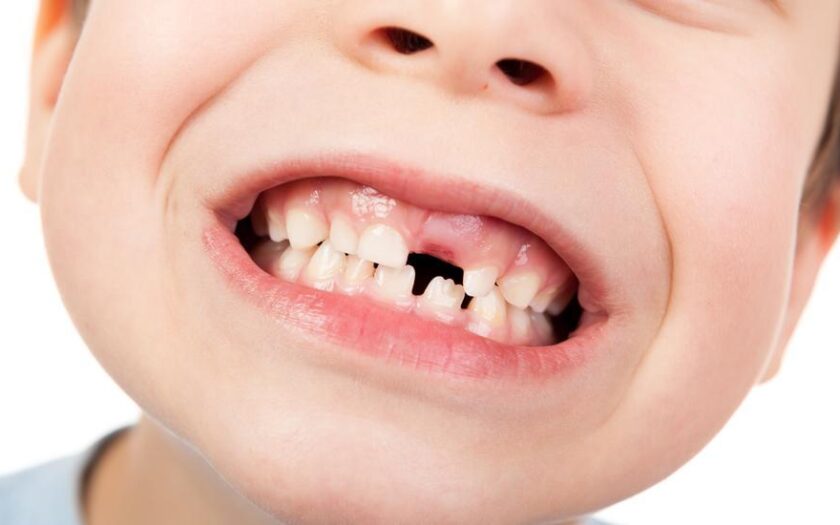Sleep problems can keep some teens awake at night, even when they want to sleep. Teens who don’t get enough sleep don’t do as well in school or sports. They may feel moody, depressed, or have other emotional problems. Additionally, teens who drive without enough sleep are more likely to be in car accidents.
Why Do Teens Have Trouble Sleeping?
Most teens should get 8 to 10 hours of sleep a night. But for teens who have to wake up at 6 a.m. for school, getting enough sleep means going to bed around 10 p.m., which can be difficult. Many teens have trouble falling asleep early because their brains naturally work on later schedules.
During the teen years, the body’s internal sleep clock is reset to fall asleep later at night and wake up later in the morning. This change happens because teen brains make the sleep hormone melatonin later at night than kids’ and adults’ brains do, making it harder to fall asleep. Sometimes this delay in the sleep–wake cycle is so severe that it affects daily activities, a condition known as delayed sleep phase syndrome or “night owl” syndrome.
Bright lights and the blue light from electronic devices can further delay the release of melatonin, making it even harder to sleep.
Other factors contributing to sleep problems include:
- Insomnia: Trouble falling or staying asleep. Insomnia can be caused by various factors such as discomfort, stress, anxiety, mental health issues, medical conditions, certain medications, and poor sleep habits.
If insomnia happens regularly for weeks or months, it’s time to talk to your doctor.
What Other Sleep Problems Can Teens Have?
- Periodic Limb Movement Disorder or Restless Legs Syndrome: Some teens may experience leg and arm twitches (periodic limb movement disorder) or an urge to move their legs, especially at night (restless legs syndrome), which can disrupt sleep and lead to tiredness and behavior problems during the day.
- Obstructive Sleep Apnea: This condition causes brief pauses in breathing during sleep, often leading to snoring, restless sleep, and daytime sleepiness. It’s more common in people who are overweight or have large tonsils and can lead to attention and learning problems if untreated.
- Nightmares: Stress, illness, certain medications, drugs, alcohol, and lack of sleep can trigger nightmares, which can wake teens up during the night and make it hard to fall back to sleep.
- Sleepwalking: While more common in kids, teens and adults can also sleepwalk. Stress, illness, and lack of sleep can increase the likelihood of sleepwalking. Sleepwalkers usually go back to bed on their own, and it’s best not to wake them, but gently guide them back to bed.
- Narcolepsy: This rare condition causes extreme daytime sleepiness and sudden sleep attacks, sometimes accompanied by muscle control loss and vivid dreams. Narcolepsy can be dangerous if sleep attacks occur during activities like driving.
How Can I Sleep Better?
If you’re not getting enough sleep, try these tips to improve your sleep routine:
- Keep your bedroom dark, cool, and quiet.
- Don’t keep a TV or video game system in the bedroom.
- Turn off all screens (TV, computers, phones) and put away homework about an hour before bedtime. Consider charging your phone outside the room.
- Try a relaxing bedtime routine, such as taking a warm bath, reading, listening to music, or meditating.
- Avoid caffeine in the afternoon and evening.
- Get regular exercise, but not too close to bedtime.
- If you’re very tired during the day, take a short nap (less than an hour) in the early afternoon. Longer or later naps can make it harder to fall asleep at night.
Talk to your doctor if you have trouble falling or staying asleep, snore most nights, or feel tired during the day despite getting enough sleep.



